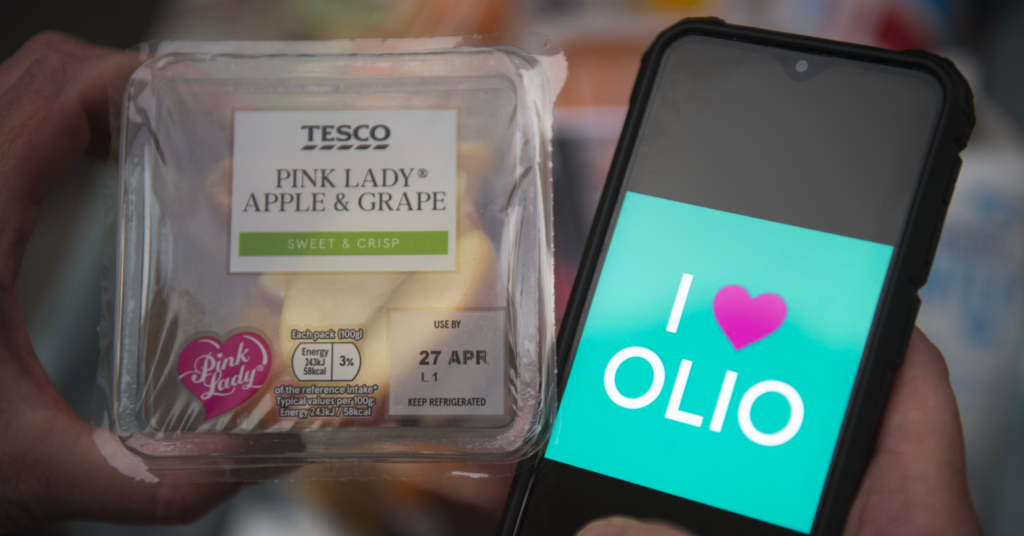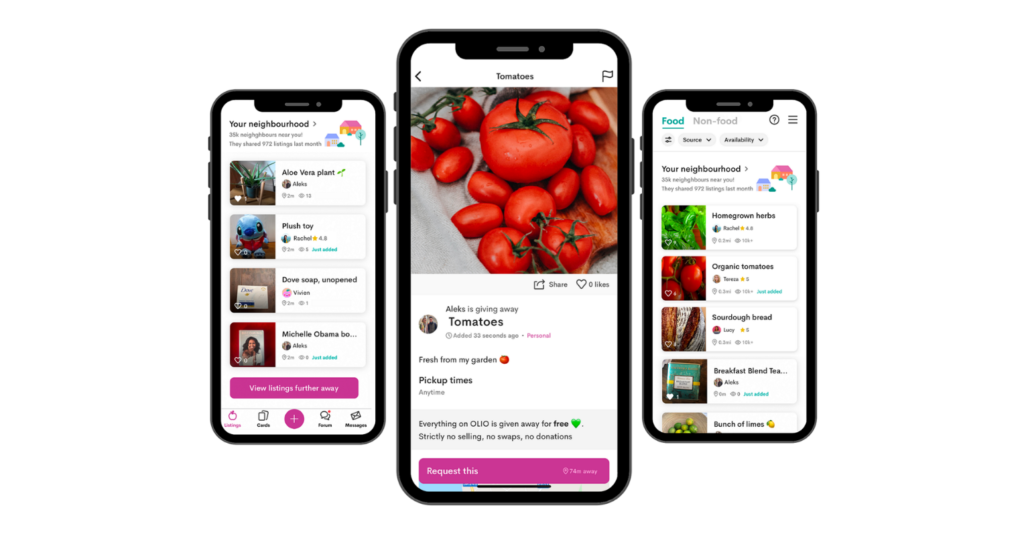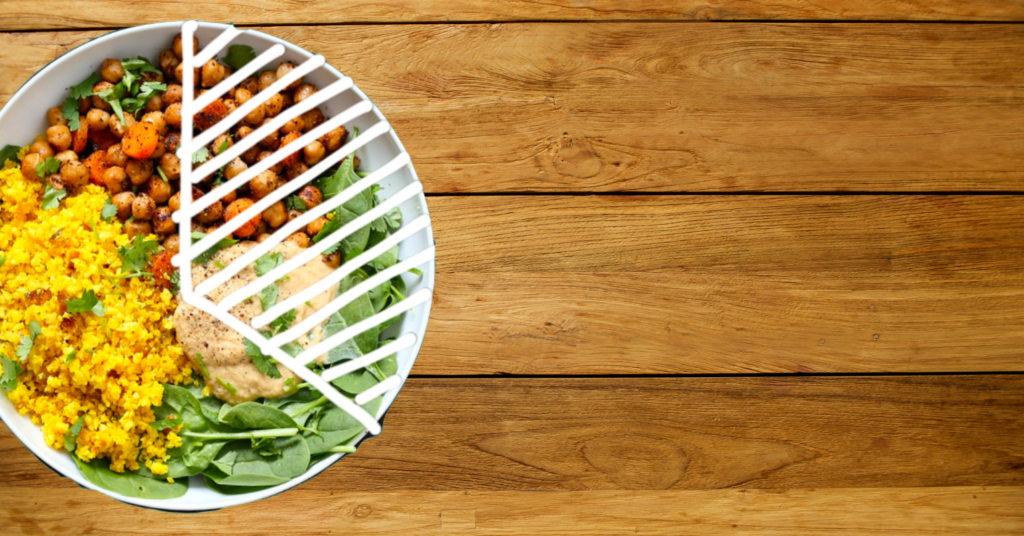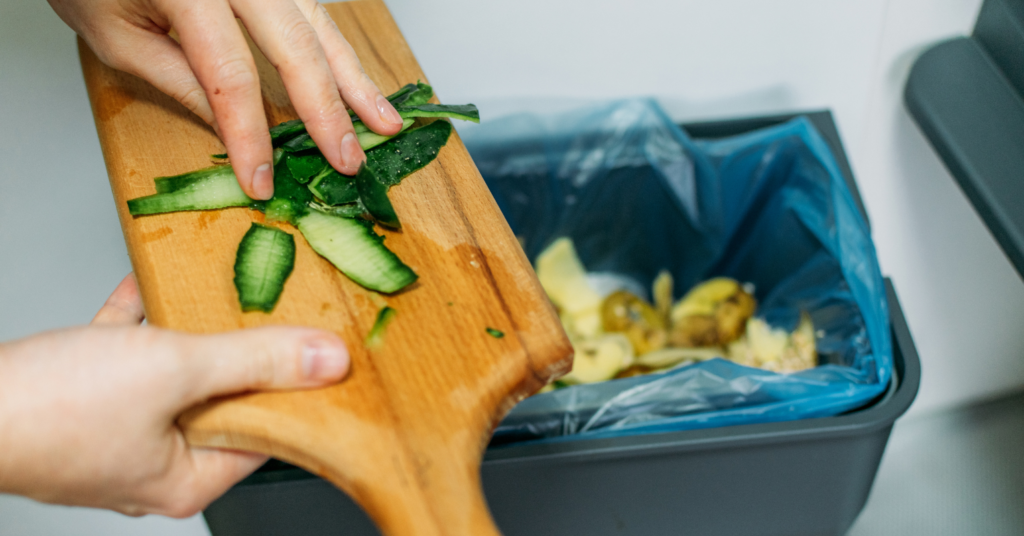In a world where food insecurity and climate change remain significant issues, Tesco and Olio’s pioneering partnership to tackle food waste is a much-needed success story.

The partnership has led to the rescue of over 30 million meals through the help of Olio’s network of 80,000 volunteers, who collect unsold surplus food from Tesco stores – that is still fit for consumption – and distribute it through the Olio app.

The partnership’s success is measured not only in meals rescued but also in the environmental benefits.
Reducing food waste also reduces the carbon footprint associated with food production, transportation, and waste disposal.
In fact, according to the Food and Agriculture Organization of the United Nations, if food waste were a country, it would be the third-largest greenhouse gas emitter after the United States and China.

It is estimated that every tonne of food waste that is avoided saves 4.2 tonnes of CO2 emissions, equivalent to an average car’s annual emissions.
The 30 million meals saved through the Tesco-Olio partnership equate to approximately 63,000 tonnes of CO2 emissions that have been avoided.
In addition to the CO2 savings, the partnership has also helped reduce the amount of food waste in landfills, which produces harmful methane gas.
According to the United Nations Environment Programme, methane is a potent greenhouse gas that is over 20 times more potent than CO2 in terms of its warming potential.

The Tesco-Olio partnership has also been a significant boost to local communities.
The food rescued by Olio’s volunteers is distributed for free to those living nearby, reducing food insecurity and promoting community engagement.
This has been especially important during the COVID-19 pandemic, where food insecurity has been a growing concern.
We can all learn from this initiative and take steps to reduce food waste in our own lives, supporting both our communities and the planet.